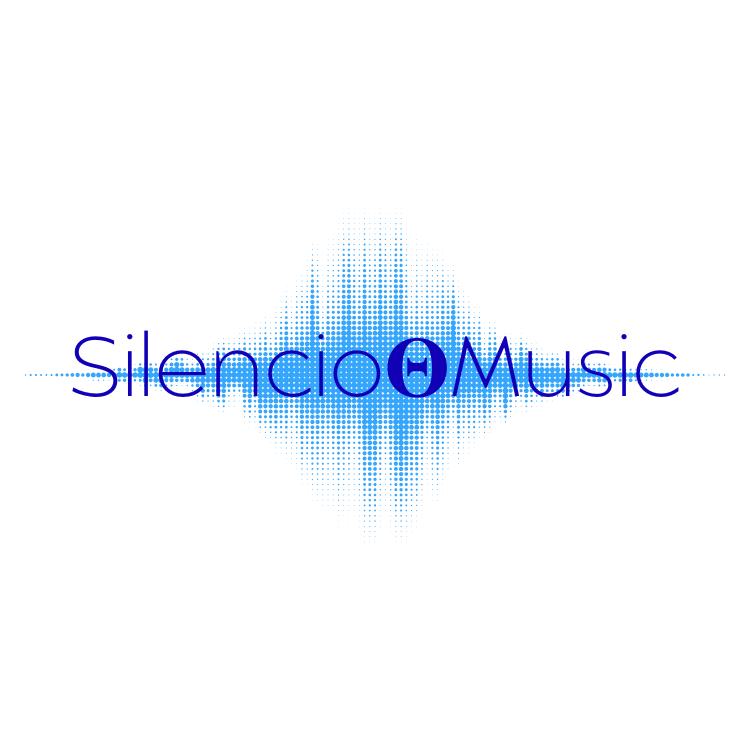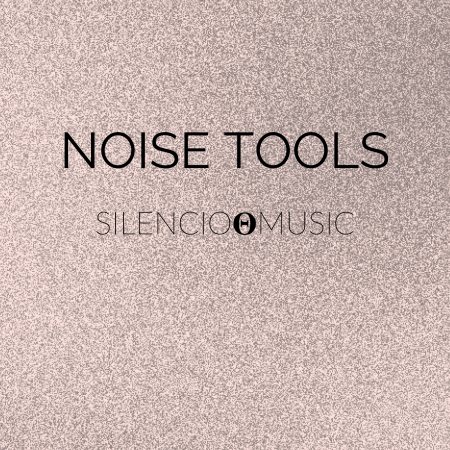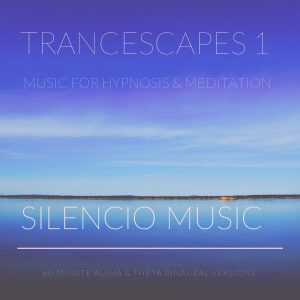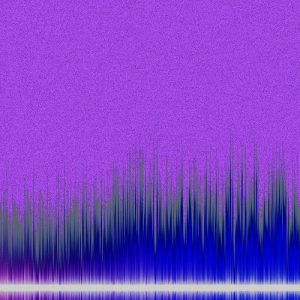Using Music to Aid Rehabilitation

Research carried out in New York at The Institute for Music and Neurologic Function (formally the Beth Abraham Hospital )into degenerative diseases like Alzheimer’s and dementia and the rehabilitation of stroke patients has shown that brain waves in the frequency range of around 40 cycles are very often totally absent in sufferers of these conditions. Relaxation music rich in these frequencies played in the background can have a profound effect on memory, speech and motor skills.
Playing drums is also very beneficial for movement and motor skills – feeling the rhythm and the fact that a patient is working creatively seem to be able to bypass blockages and enable more muscle control than in non musical exercises. Working with rhythm helps to organise movement without having to think about the actual action – in many cases of serious brain injury the ‘executive function’ the actual act of thinking about movement or speech is damaged but music and especially rhythm can trick the brain into working spontaneously.
It used to be thought that music was processed in only one area of the brain, but it is now known that different elements of music such as rhythm and melody are centered around different regions of the brain. Its is common that patients who have problems with speech can sing without difficulty, and that the lyrics of a song will stay even when the memory is severely impaired.
The brain relies on a huge interconnected network to arrive at any single response, and if one part is not functioning other networks can be ‘patched in’ to compensate and bypass damaged networks by repeatedly triggering the new areas. Music seems to be an effective way to stimulate this process and has helped hundreds of patients to improve speech, memory and movement.
The Institute for Music and Neurologic Function (IMNF) is dedicated to furthering the field of music therapy by conducting research projects to identify new and effective therapy methods.








Recent Comments..